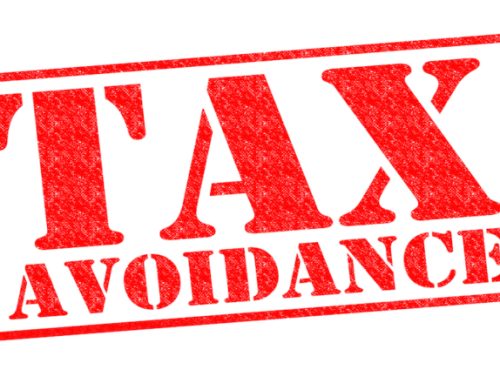With the United Kingdom shortly to leave the European Union on 31 January 2020, it is worth noting that nothing will change in the short term in respect of the Recast Insolvency Regulation (Regulation 2015/848) which will continue to apply to all member states of the EU (with the exception of Denmark) in relation to insolvency proceedings opened on or after 26 June 2017.
That is because during the transition period following Brexit to 31 December 2020, the Recast Insolvency Regulation will continue to be applicable to all insolvency proceedings which are commenced in Member States (except Denmark) before the end of that transition period.
The Recast Insolvency Regulation does not seek to “harmonise” the substantive law between EU Member States but provides for procedural co-ordination and automatic recognition between them.
The Member State in which the debtor has its centre of main interests (COMI) will continue to be recognised by other Member States as the “Main Proceedings” (i.e. the dominant law) for the purpose of administering the debtor’s assets.
Where, however, the debtor only has an “establishment” in a Member State then “Secondary Proceedings” may only be commenced relating to the assets located within that particular jurisdiction.
Following 31 December 2020 the Recast Insolvency Regulation will cease to apply and as a consequence UK law will need to “reassert” itself. New internal legislation will therefore have to be enacted to decide the basis upon which the UK will have jurisdiction to open insolvency proceedings.
The difficulty here is that the legislation of EU Member States will have to be taken into account as UK insolvency proceedings will no longer be automatically recognised within EU Member States.
The Recast Insolvency Regulation meant that a judgment in a Member State would automatically be recognised by other EU Member States. This facilitated the collection of debts from insolvent entities. A large number of R3 members have therefore expressed concern that Brexit will affect the UK’s status as a leading centre for international restructuring work.
Editor’s note:
Given the events of the last few months it would be a brave person who would predict the outcome of the forthcoming negotiations.
One anomaly which may continue to apply irrespective as to the outcome of negotiations, is that UK debtors with COMI or an “establishment” in EU Member States will still be subject to insolvency proceedings outside of the UK, even when the Recast Insolvency Regulation is no longer part of UK law. This could lead to a multiplicity of insolvency proceedings in different jurisdictions.
The closing down of cross border co-operation can only be detrimental to the valid pursuit of insolvent individuals and companies and to the UK remaining a leading centre for international restructuring work.
Regardless of your political persuasion, it is therefore hoped that something akin to the current arrangements can be agreed.
Insolvency & Corporate Recovery Team
Jane Golledge
Grant Rechnic
Mark Silvester (Editor)
Michael Segen





Leave A Comment